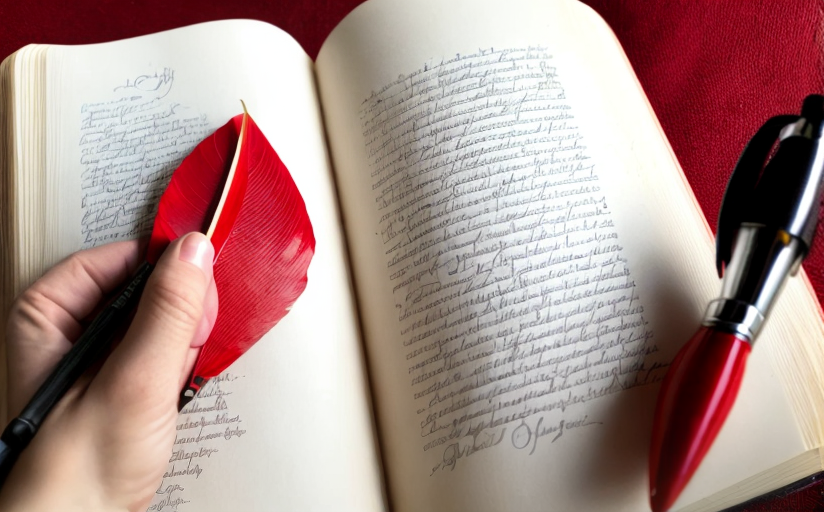Censorship in Literature: Challenging Freedom of Expression
In this article, we delve into the highly controversial topic of literary censorship, a practice that questions the very essence of freedom of expression. The concept of censorship in literature goes back centuries and has evolved significantly over time.
Historical Context and Evolution of Literary Censorship
Censorship in literature is not a new phenomenon. It has been prevalent since antiquity, when rulers would control the spread of ideas that might threaten their power. Notable instances can be found in various periods, like during the Inquisition in medieval Europe, and during the Communist regimes in the 20th century where books that were perceived as counter-revolutionary or harmful to the ideology were banned.
The Debate over Literary Censorship
The debate over literary censorship has always been a divisive one. On one hand, there are those who believe in censoring content that may be offensive, harmful or inappropriate. They argue that certain materials can incite violence, hate speech or discrimination, and therefore, need to be regulated. On the other hand, there are opponents of censorship who argue that it stifles creativity and freedom of speech. They believe that an author has the right to express his or her ideas without fear of repression.
Impact of Literary Censorship
Censorship has far-reaching impacts. For authors, it can mean a loss of freedom to express their deeply held beliefs, thoughts, and imagination. For readers, it limits their ability to access a full diversity of viewpoints and ideas. For society at large, literary censorship can inhibit social progress and understanding, foster ignorance, and breed intolerance.
Future of Censorship in Literature
The future of censorship in literature appears uncertain considering the growing influence of social media and the Internet. However, identifying potential solutions is crucial. One solution could be creating clear, transparent guidelines about what constitutes harmful content. Another could be enforcing stricter punishments for those who misuse their right to free speech to incite violence or hatred.
However, any solution must carefully balance the right to free speech and expression, against the need to protect society from harmful content. In conclusion, while the debate rages on, society must work collaboratively to find a middle ground that respects freedom of expression, but also recognises the potential harm that some literature can cause.


















Comments
Leave a Comment